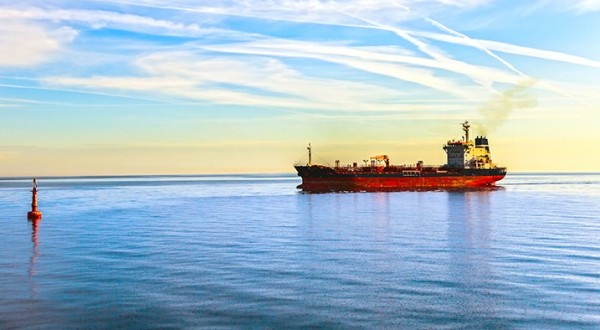The Shipowners P&I Club warns that the unsafe carriage of oil cargo has been noticed recently especially on tugs and crew boats and advises that such activities are highly unsafe and that non-designated spaces are not equipped, or certified, for the safe carriage of oil. The carriage of oil in these spaces would greatly endanger the safety of the crew, the vessel itself as well as the environment.
Dangers associated with carriage of oil cargoes in non-designated spaces
Cargo and ballast spaces must be segregated at all times unless in case of emergency. Unlike designated cargo oil tanks, the ballast tanks and other void spaces do not have any safety measures to regulate the release of hydrocarbon vapours or the variances in tank pressures associated with the marine transportation of oil. Due to a lack of cargo piping, the loading/discharging of oil to/from these non-designated spaces would usually be via open manholes on deck. This unregulated release of hydrocarbon vapours can be hazardous to personnel on board the vessel as well as pose an enhanced fire and/or explosion risk.
Unlike cargo oil systems, ballast lines may also link directly to the engine room which is a designated non-hazardous zone where hot work and other such spark-generating activities are carried out. The possibility of hydrocarbon vapours migrating to the engine room completes the fire triangle and once again escalates the possibility of fire and/or explosion.
The probability of pollution is heightened when carrying oil in non-designated spaces. By construction, designated cargo oil tanks are located such that they are not directly exposed to the sea and the chance of pollution by any breach of integrity in these tanks is reduced. Ballast and other non-designated spaces do not enjoy this protection and any breach may result in a pollution incident.
Some of these spaces may not even have proper pumping systems and therefore it would not be possible to empty the tanks effectively of the oil carried. In addition, man entry would not be possible to clean the tanks to a standard fit to carry ballast. Ballast tank piping usually only provides to discharge over board only. This again will pose a pollution problem in case ballast is taken in these uncleaned tanks and discharged over board.
The Club would like to reiterate to all operators to refrain from participating in such activities as it is highly unsafe and cover would be compromised in case of any claims arising out of the above.
Source: The Shipowners’ P&I Club






























































